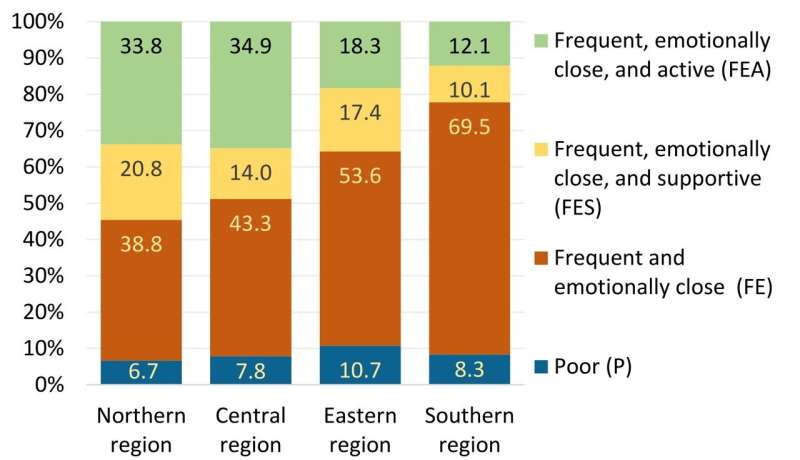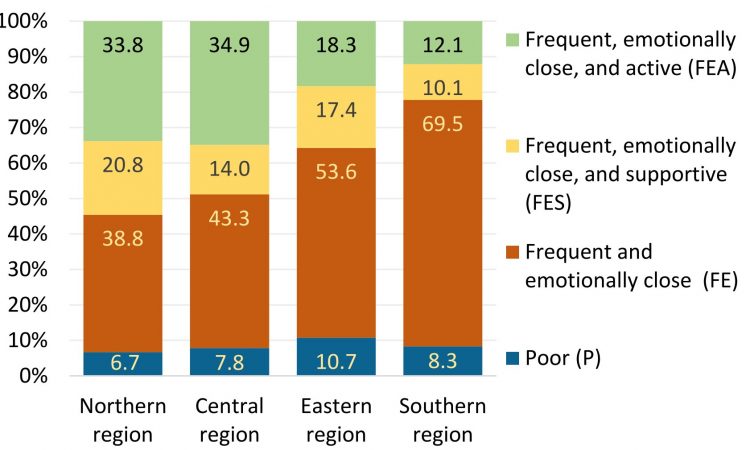
In the older European population, men, as well as those with lower socioeconomic status, weak social ties, and poor health, might experience more difficulties getting informal support and are considered to have a higher risk of worsening frailty state and lower quality of life. This reality is shown in a new doctoral thesis at Umeå university.
Ensuring that people stay active and healthy when they reach old age may reduce the negative impact of population aging on the country’s economies and welfare system. Therefore, Septi Lestari’s doctoral thesis at the Department of Epidemiology and Global Health seeks to examine further the roles of social relationships (i.e., social contact, support, and participation) in active and healthy aging.
The four studies in the thesis investigate the changes in social relationships over time, the potential effect of health on older adults’ social relationships, the benefit of social relationships on quality of life, and the pandemic’s impact on social relationships.
The thesis shows that about a third of older European participated in social activity or provided support and a fifth received support from non-household members. However, most respondents had frequent social contact and emotional support, which may stimulate their engagement in social support exchange and social activities.
Over time more older adults receive instrumental support from non-household members. The opposite trends are observed for social contact, instrumental support provision, and participation (e.g., volunteer work, sport or social clubs, and educational activities). As expected, frail older adults tend to have less active social relationships. Further, social support provision and participation may promote older adults’ quality of life. Surprisingly, receiving social support may lower their quality of life.
During the COVID-19 pandemic, instrumental support provision and volunteering decreased, but instrumental support receipt increased. The stricter COVID-19 control policies might prevent instrumental support receipt from outside the household. Interestingly, instrumental support exchange outside the household, likely within the neighborhood, is evident when older adults’ close ones were exposed to COVID-19.
The findings suggest the vital role of social relationships in active and healthy aging. Intervention programs to promote supportive and active social relationships among older adults in Europe are needed as they may prevent worsening health and improve quality of life. Any intervention or assistance must be delivered in a manner that respects older adults’ autonomy and control to avoid harming their quality of life.
Source: Read Full Article
